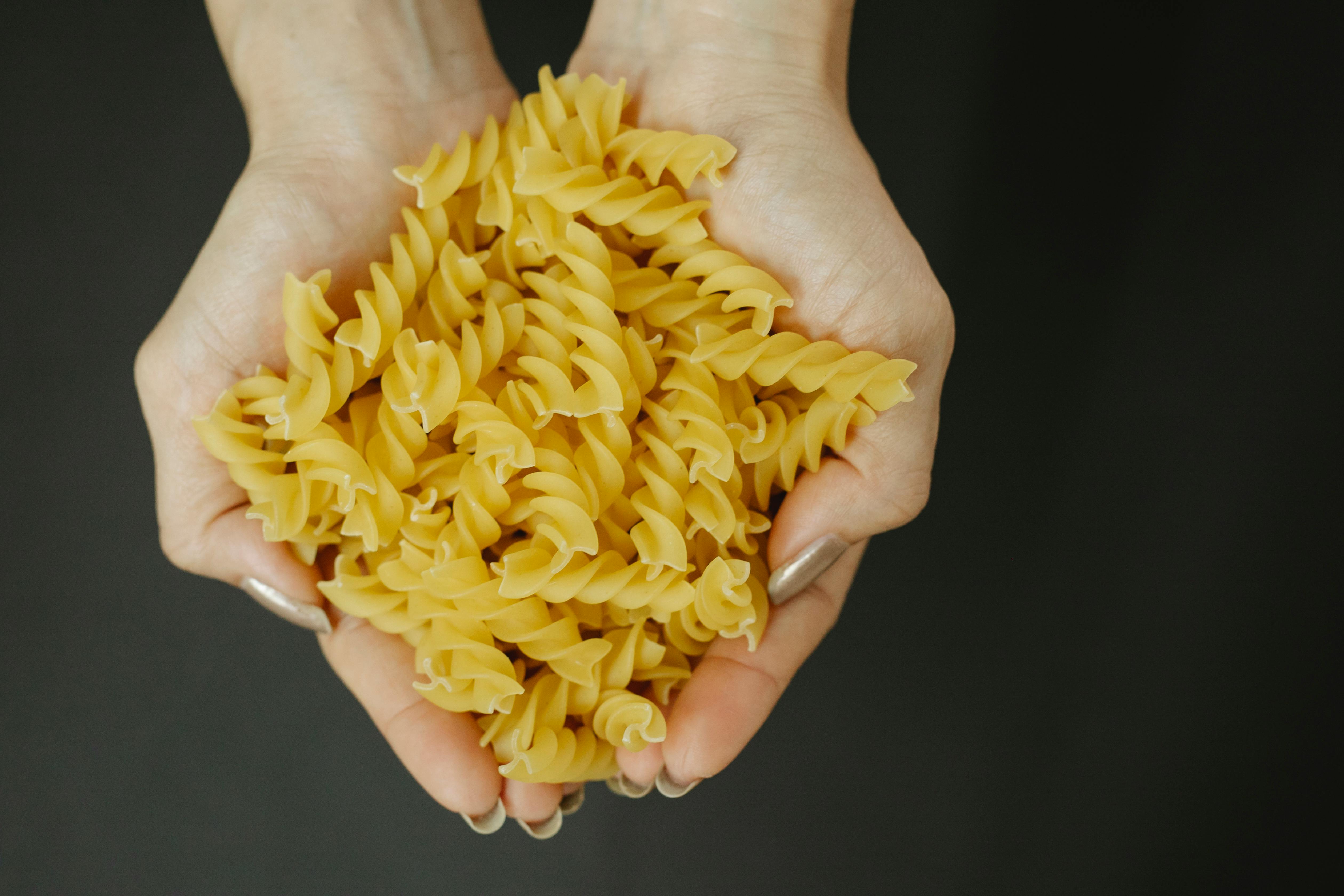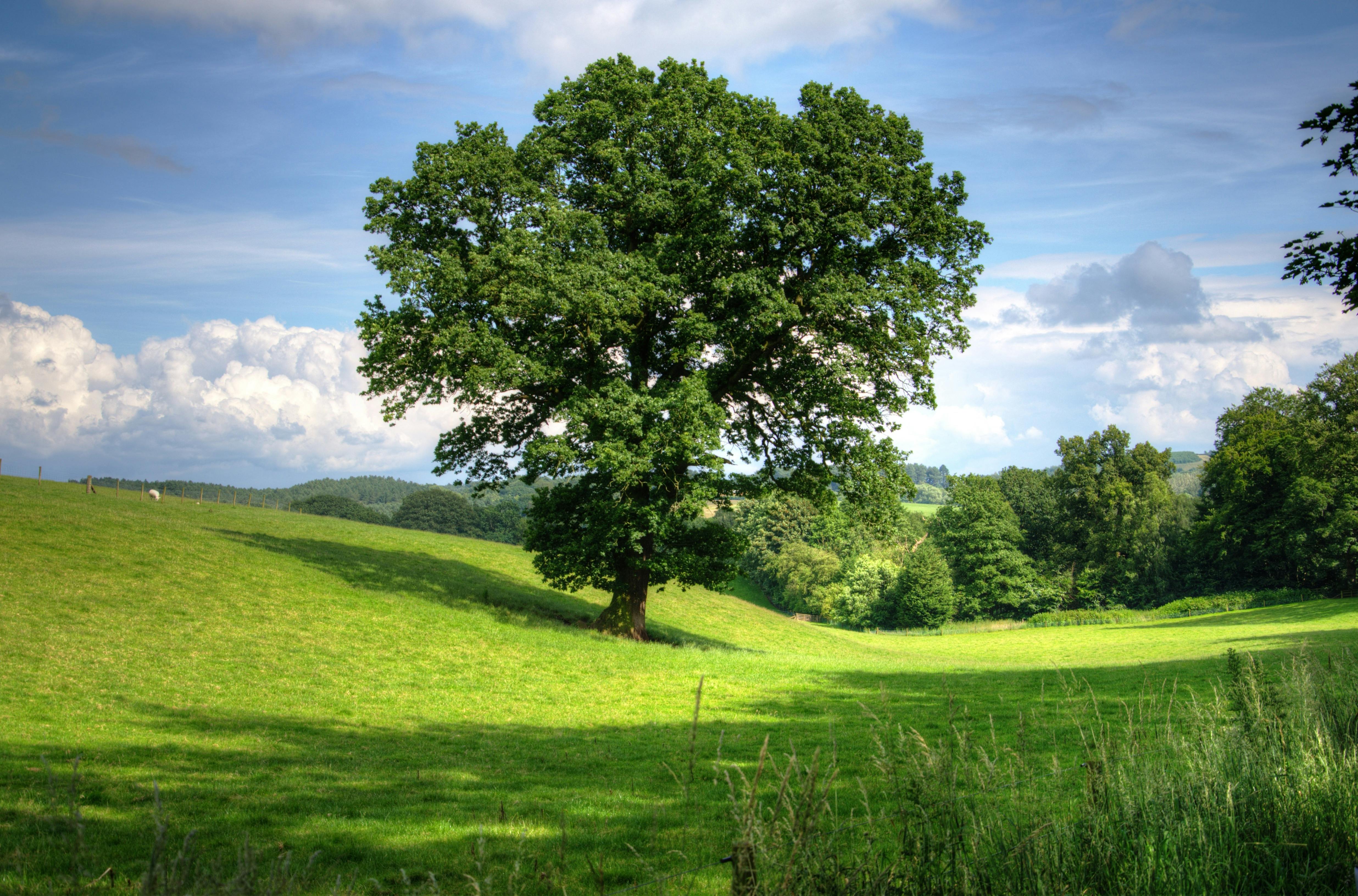Table of contents
Introduction

Composting is an ecological practice that transforms organic waste into a rich and fertile soil amendment. It’s an effective way to reduce waste while improving the health of your garden.
Understanding Composting

Composting is a natural process that breaks down organic waste such as fruit and vegetable scraps, dead leaves, and grass clippings. The microorganisms present in the soil decompose these materials into a nutrient-rich product called compost.
The Importance of Composting

Composting has many benefits. It reduces the amount of waste sent to landfills, reduces greenhouse gas emissions, improves soil structure, and provides essential nutrients to plants. Moreover, it allows for the eco-friendly recycling of kitchen and garden waste.
How to start composting at home

Composting at home is easier than it seems. It only takes a few simple steps to get started.
Indoor Composting

For indoor composting, you will need a container with a lid, kitchen waste, and paper or cardboard. Make sure to regularly mix the compost to aid its decomposition.
Outdoor Composting

For outdoor composting, you can use a compost pile or a composter. Add kitchen and garden waste in alternating layers and turn the compost regularly.
Common mistakes to avoid in composting

Some common mistakes in composting include adding non-compostable waste, lack of aeration, and excessive watering. It is important to properly balance green and brown materials and keep the compost moist but not soaked.
The future of composting

The future of composting is promising. With a growing awareness of the importance of waste reduction and sustainability, more and more people are adopting composting at home.
Conclusion

Composting is an ecological practice that offers numerous benefits. By adopting composting at home, you can contribute to a more sustainable future while enriching your soil. So, why not start today?
Share: